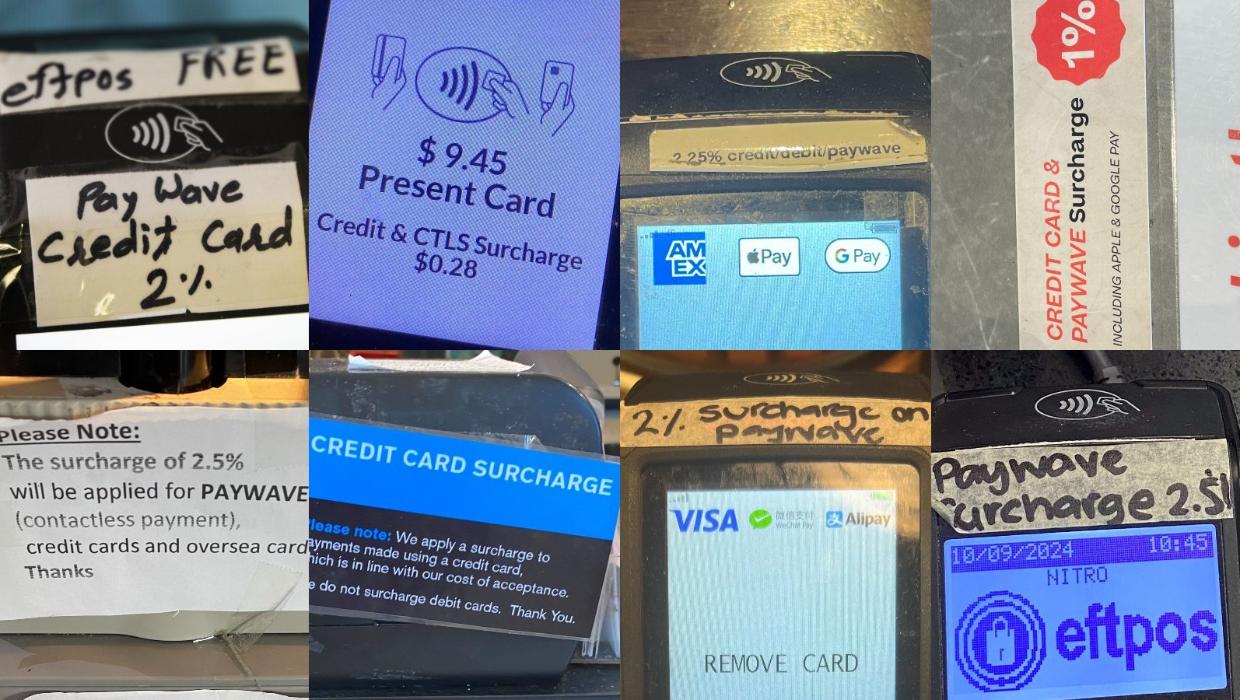Business
ACT Challenges Government’s Card Payment Surcharge Ban

The Australian Capital Territory (ACT) government is taking steps to contest the federal government’s recently announced ban on surcharges for card payments. The ban, aimed at eliminating additional fees for in-store transactions, including those made through contactless methods like payWave, is set to take effect no later than May 2026.
This decision has sparked significant debate within the retail sector. The federal government believes that abolishing surcharges will provide financial relief to Australian consumers and ensure fairer pricing practices in the industry. The announcement was made in July 2023, following growing concerns about the burden of additional fees on shoppers.
In response, ACT officials have expressed reservations about the potential impact of this ban on local businesses. They argue that eliminating surcharges could undermine the ability of retailers to manage transaction costs effectively. ACT Chief Minister Andrew Barr emphasized that the retail industry should have the capability to recoup costs associated with card payments. He stated, “While we support reducing costs for consumers, we must also ensure that our local businesses can thrive.”
The government’s ban is part of a broader initiative to enhance consumer protection and promote transparency in pricing. By eliminating additional fees, the federal government aims to simplify transactions for shoppers and encourage the use of digital payment methods. This strategy aligns with global trends where many countries have moved to regulate or eliminate such surcharges.
Critics of the ban, including representatives from the retail sector, argue that it could lead to unintended consequences. They warn that without the ability to charge surcharges, businesses may resort to increasing prices across the board to compensate for lost revenue. This could negate the intended benefits for consumers, leading to higher overall costs.
In contrast, proponents of the ban maintain that it will foster competition among retailers and drive down prices in the long run. They believe that a lack of surcharges will encourage more consumers to opt for card payments, ultimately benefiting both customers and businesses.
As the ACT government prepares to challenge this legislation, the outcome could have far-reaching implications for both consumers and retailers across Australia. The debate underscores the complexities of balancing consumer protection with the economic realities faced by businesses operating in a digital payment landscape.
The discussion around this issue highlights the ongoing evolution of payment practices and consumer rights in an increasingly cashless society. As May 2026 approaches, stakeholders will be watching closely to see how this situation develops and what it means for the future of retail transactions in Australia.
-

 World2 weeks ago
World2 weeks agoPrivate Funeral Held for Dean Field and His Three Children
-

 Top Stories2 weeks ago
Top Stories2 weeks agoFuneral Planned for Field Siblings After Tragic House Fire
-

 Sports3 months ago
Sports3 months agoNetball New Zealand Stands Down Dame Noeline Taurua for Series
-

 Entertainment3 months ago
Entertainment3 months agoTributes Pour In for Lachlan Rofe, Reality Star, Dead at 47
-

 Entertainment2 months ago
Entertainment2 months agoNew ‘Maverick’ Chaser Joins Beat the Chasers Season Finale
-

 Sports3 months ago
Sports3 months agoSilver Ferns Legend Laura Langman Criticizes Team’s Attitude
-

 Sports1 month ago
Sports1 month agoEli Katoa Rushed to Hospital After Sideline Incident During Match
-

 World3 weeks ago
World3 weeks agoInvestigation Underway in Tragic Sanson House Fire Involving Family
-

 Politics2 months ago
Politics2 months agoNetball NZ Calls for Respect Amid Dame Taurua’s Standoff
-

 Top Stories2 weeks ago
Top Stories2 weeks agoShock and Grief Follow Tragic Family Deaths in New Zealand
-

 Entertainment3 months ago
Entertainment3 months agoKhloe Kardashian Embraces Innovative Stem Cell Therapy in Mexico
-

 World4 months ago
World4 months agoPolice Arrest Multiple Individuals During Funeral for Zain Taikato-Fox





















